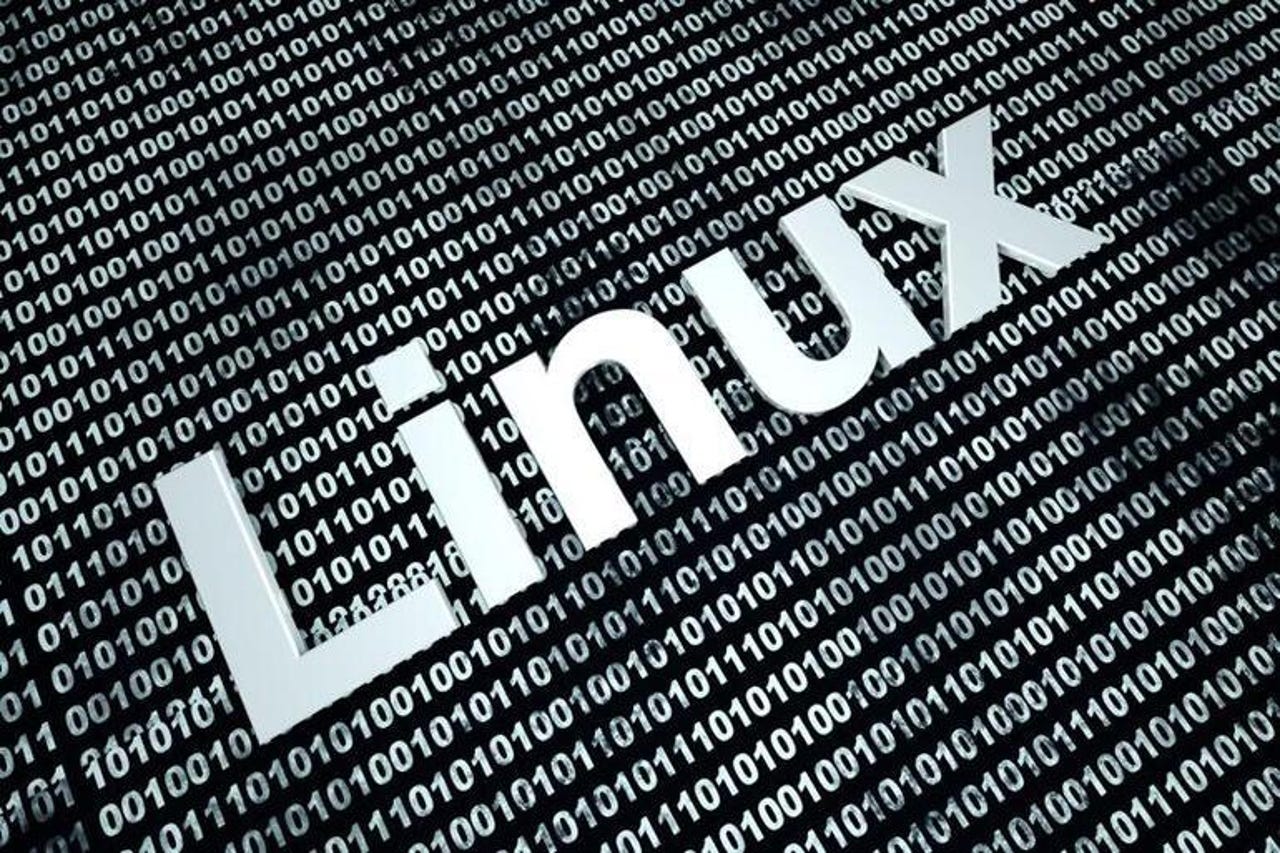































 Getty Images/iStockphoto
Getty Images/iStockphoto Linux creator Linus Torvalds has announced the first release candidate for the Linux kernel version 6.0, but he says the major number change doesn't signify anything especially different about this release.
While there is nothing fundamentally different about this release compared with 5.19, Torvalds noted that there were over 13,500 non-merge commits and over 800 merged commits, meaning "6.0 looks to be another fairly sizable release." According to Torvalds, most of the updates are improvements to the GPU, networking and sound.
Torvalds stuck to his word after releasing Linux kernel 5.19 last month, when he flagged he would likely call the next release 6.0 because he's "starting to worry about getting confused by big numbers again".
On Sunday's release of Linux 6.0 release candidate version 1 (rc-1), he explained his reasoning behind choosing a new major version number and its purpose for developers. Again, it's about avoiding confusion rather than signaling that the release has major new features. His threshold for changing the lead version number was .20 because it is difficult to remember incremental version numbers beyond that.
"Despite the major number change, there's nothing fundamentally different about this release - I've long eschewed the notion that major numbers are meaningful, and the only reason for a 'hierarchical; numbering system is to make the numbers easier to remember and distinguish," said Torvalds.
But he also doesn't care if anyone wants to call this version 5.20, which some Chinese developers pointed out was more socially acceptable than "4.20", an American reference to weed-smoking culture.
The Linux maker noted the absence of some Rust inclusions in this release, but he expects them to happen in another 6.x release candidate. Rust is being added as the second language for Linux kernel development behind C.
Support for Rust is being headed up by Miguel Ojeda with financial backing from Google and the Internet Security Research Group. Torvalds in June said he hoped Rust v8 patches would be merged into Linux 6.0, according to Phoronix.
"I actually was hoping that we'd get some of the first rust infrastructure, and the multi-gen LRU VM, but neither of them happened this time around," wrote Torvalds.
"There's always more releases. But there's a lot of continued development pretty much all over the place, with the 'shortlog' being much too long to post and thus - as always for rc1 notices - below only contains my 'merge log'."
Torvalds also had some comments about Intel's Habana Labs and its Saudi2 processor for deep learning, but says they're playing catch-up with chip rival AMD. Intel acquired Israel-based Habana for$2 billion in 2019 and made it part of its data center team, which launched the Gaudi2 and Greco processors in May.
"This is one of those releases where you should not look at the diffstat too closely, because more than half of it is yet another AMD GPU register dump," he added.
"And the Habanalabs Gaudi2 people want to play in that space too, but they don't reach quite the same lofty results that the AMD GPU people have become so famous for. I'm sure it's just a matter of time."
 Tags chauds:
technologie
Services et logiciels
Tags chauds:
technologie
Services et logiciels